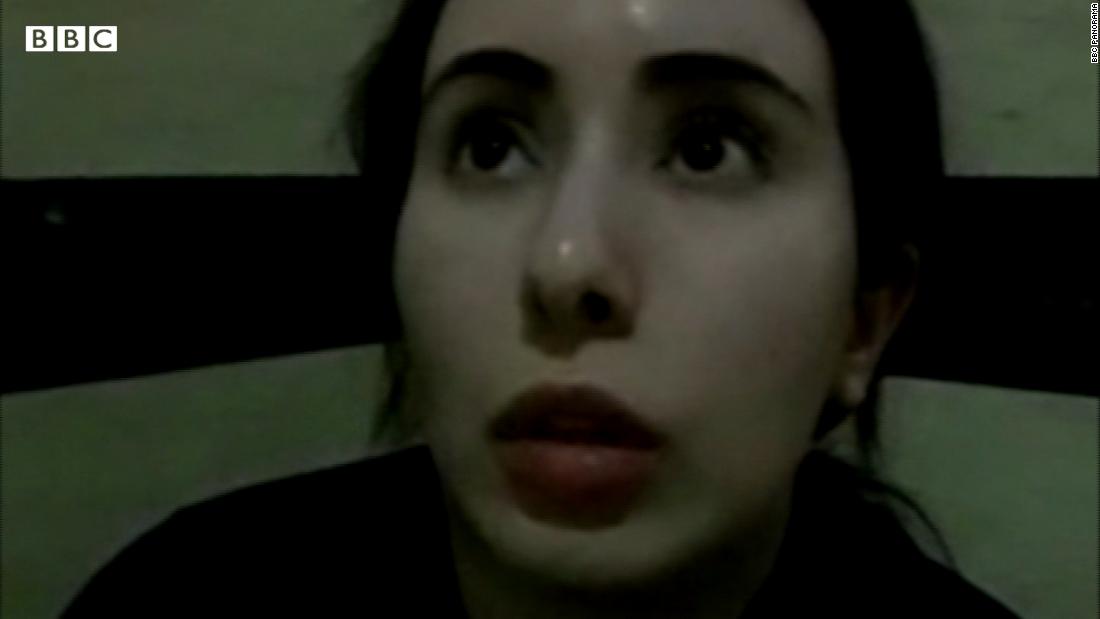The Office of the United Nations High Commissioner for Human Rights (OHCHR) said on Friday that the United Arab Emirates had requested a life certificate for the princess but had not received it.
“We have no proof of life, and we would like one. One that is clear and compelling that she is alive. And our first concern for us is to be sure of that,” said Geneva spokeswoman Marta Hurtado. “We have tried to set up a meeting between senior officials, with the new UAE ambassador to the UN in Geneva. In principle, the mission has accepted these requests, but we do not yet have a fixed date.”
CNN reached out to the UAE for comment.
Hurtado said during the briefing that the OHCHR would “meet her ideally” and “speak to her alone to investigate all aspects of her situation”.
“This is what we are going to convey in this meeting if it happens,” she added. Asked why such meetings had not yet taken place, despite repeated calls from the OHCHR, Hurtado replied that the question should be raised to the UAE authorities.
Hurtado also said her office would “raise the issue over Latifa’s sister, Sheikha Shamsa, to find out where they are.”
“We are very concerned about both issues because we do not know what is happening,” Hurtado said. “Therefore, we not only ask where they are, but we want to meet them. We want to talk to them. We want to understand what their situation is, as is not only the case with these two women, but also other cases of men. “that has disappeared, or possibly disappeared all over the world,” she added.
“We follow up on many cases, [on a] people who have disappeared or where we do not know where they are. That is why we are here, internally, privately, but also in public, expressing their case and signaling that we are indeed very concerned about the situation, ‘the OHCHR spokesperson concluded.
